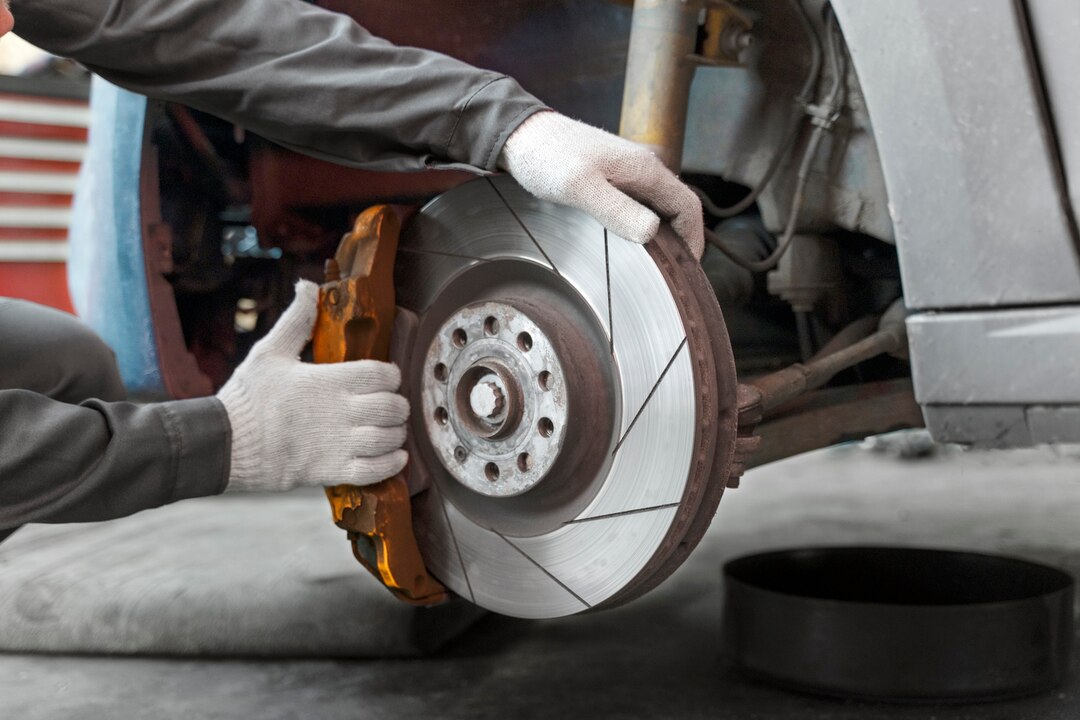Ensuring the proper functioning of your vehicle’s braking system is essential for safe driving on South Africa’s roads. Brake calipers are critical components of this system, responsible for applying pressure to the brake pads, which then contact the brake rotors to slow down or stop the vehicle. Over time, calipers can wear out or become damaged, necessitating replacement. Here, we explore the process of replacing brake calipers in South Africa, including the time it takes and a reasonable cost estimate.
Understanding Brake Calipers:
Brake calipers are hydraulic devices that house the brake pads and exert pressure on them to create friction against the brake rotors, resulting in deceleration or stopping of the vehicle. There are different types of brake calipers, including floating calipers and fixed calipers, each with its unique design and functionality. Signs that your brake calipers may need replacement include leaking brake fluid, uneven braking, or abnormal noises when braking.
The Replacement Process:
Replacing brake calipers involves several key steps:
- Assessment and Diagnosis: A qualified mechanic will begin by assessing the vehicle’s braking system to diagnose the issue and determine if caliper replacement is necessary. This assessment may include inspecting brake fluid levels, examining caliper condition, and checking for brake pad wear.
- Wheel Removal: The vehicle will be lifted using a jack, and the wheels will be removed to access the brake calipers and other brake components.
- Brake Line Disconnection: The brake fluid line connected to the caliper will be disconnected, and any remaining brake fluid will be drained from the system to prevent spillage.
- Caliper Removal: The bolts securing the caliper to the brake mounting bracket will be removed, allowing the old caliper to be detached from the rotor assembly. Care must be taken not to damage the brake line during this process.
- Caliper Replacement: The new brake caliper will be installed onto the mounting bracket and secured in place with bolts. It’s crucial to use the correct caliper for your vehicle’s make and model to ensure compatibility and proper fitment.
- Brake Line Reconnection: The brake fluid line will be reattached to the new caliper, and any air in the brake lines will be bled out to ensure proper brake operation.
- Brake Pad Inspection: While the calipers are accessible, the mechanic may inspect the brake pads for wear and replace them if necessary. It’s recommended to use high-quality brake pads to maintain optimal braking performance.
- Wheel Mounting: Once the new calipers and brake pads are installed, the wheels will be remounted onto the vehicle and tightened to the manufacturer’s specifications.
- Testing: A road test will be conducted to ensure that the brakes operate smoothly and effectively. The mechanic will listen for any unusual noises and check for proper brake performance before returning the vehicle to the owner.
Time and Cost Estimate:
The time required to replace brake calipers can vary depending on factors such as the vehicle’s make and model, the condition of the braking system, and the mechanic’s expertise. On average, a brake caliper replacement job can take anywhere from 2 to 4 hours per axle.
As for the cost, it also varies based on the aforementioned factors and whether other components, such as brake pads or brake fluid, need replacement. A rough estimate for brake caliper replacement in South Africa ranges from R1500 to R4000 per caliper, including parts and labor. However, prices may vary significantly between different service centers and regions within South Africa.
Maintaining a properly functioning braking system is crucial for safe driving, and replacing worn or damaged brake calipers is an important aspect of brake system maintenance. By understanding the replacement process and being aware of the time and cost involved, South African car owners can ensure their vehicles remain safe and roadworthy for years to come. It’s advisable to consult with a reputable mechanic or service center to assess the condition of your vehicle’s braking system and address any issues promptly.











